After the Russian attack two years ago, you immediately started to provide help in the unfolding humanitarian crisis. What was the main task then, and how were you able to respond so swiftly and efficiently?
Effective response actually has three pillars. One is that we stayed in Transcarpathia after the first flooding of the Tisza River. We set up a center that provided and continues to provide diverse assistance to people living in Berehove and in several other districts in Transcarpathia. We started this work as an officially registered organization. It was very important that we established a permanent presence. Another important pillar was that we are a member of an international federation of church-based relief organizations headquartered in Geneva. This umbrella organization includes highly prestigious Scandinavian, German, French aid organizations. There are more than a hundred member organizations, many of which work with much bigger budgets than we do. Many of them closely cooperate with their respective governments. In the event of a humanitarian disaster, they are often asked by their governments to deliver the government's humanitarian assistance. Well, these organizations saw that we responded immediately and contacted us. They came here to Budapest, and we began thinking about providing assistance jointly. Since we had an official local permission, the others decided that they would then support us. And that's what happened in the initial period. They said if we did the projects, they would finance them. Then, in the meantime, some of the aid organizations, seeing that this was unfortunately going to be a long-term job, registered in Kyiv and started to work independently, but I can tell you that we have been working as one big community ever since.
The third pillar is the Hungarian government, which decided to launch the largest humanitarian program in Hungary's history to help in this situation, and assigned us an important role in this.
The government contacted us precisely because they saw how actively we are working, that we have systems and structures in place, and that we enjoy considerable international recognition. After Berehove, we set up our next office in Lviv, then in Kyiv and Dnipro, while constantly expanding our However, two years passed since the outbreak of the war, and the need for assistance increased. How were you able to maintain this established system?
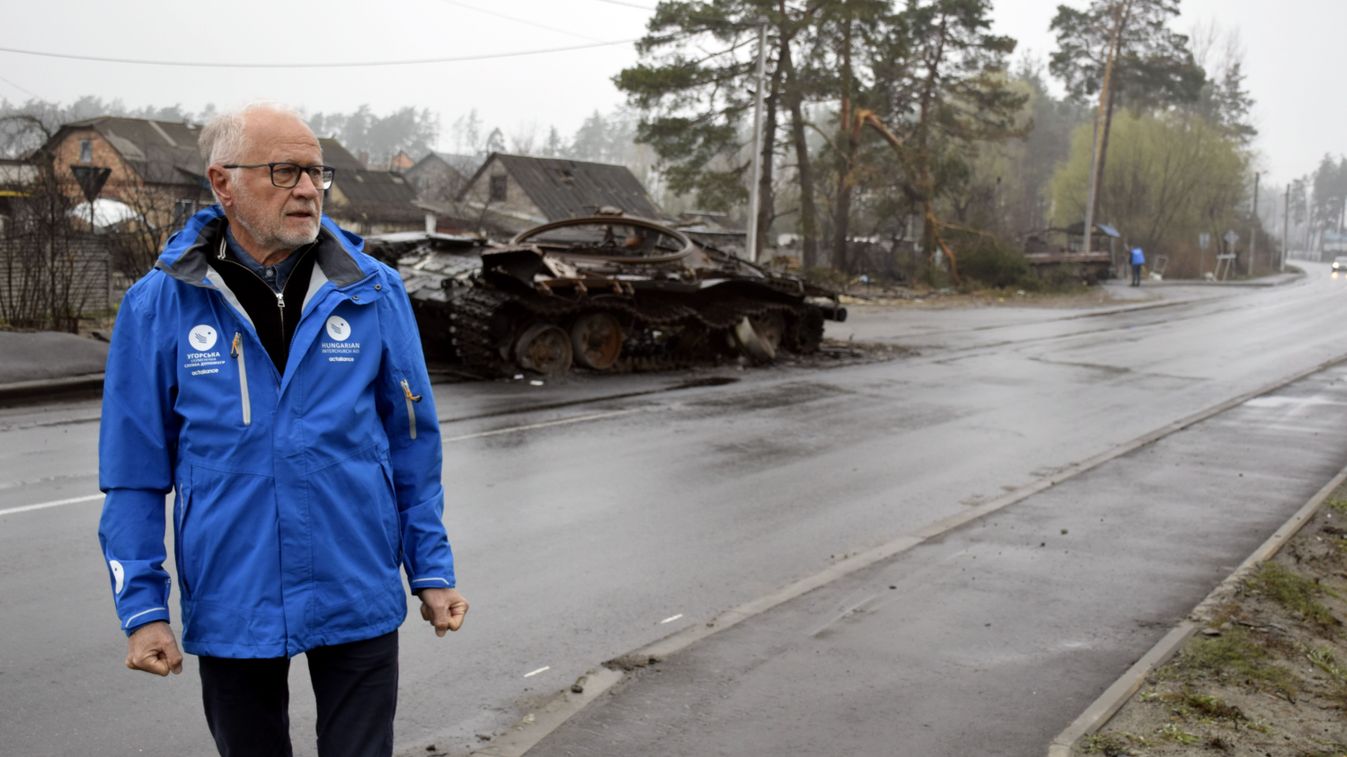
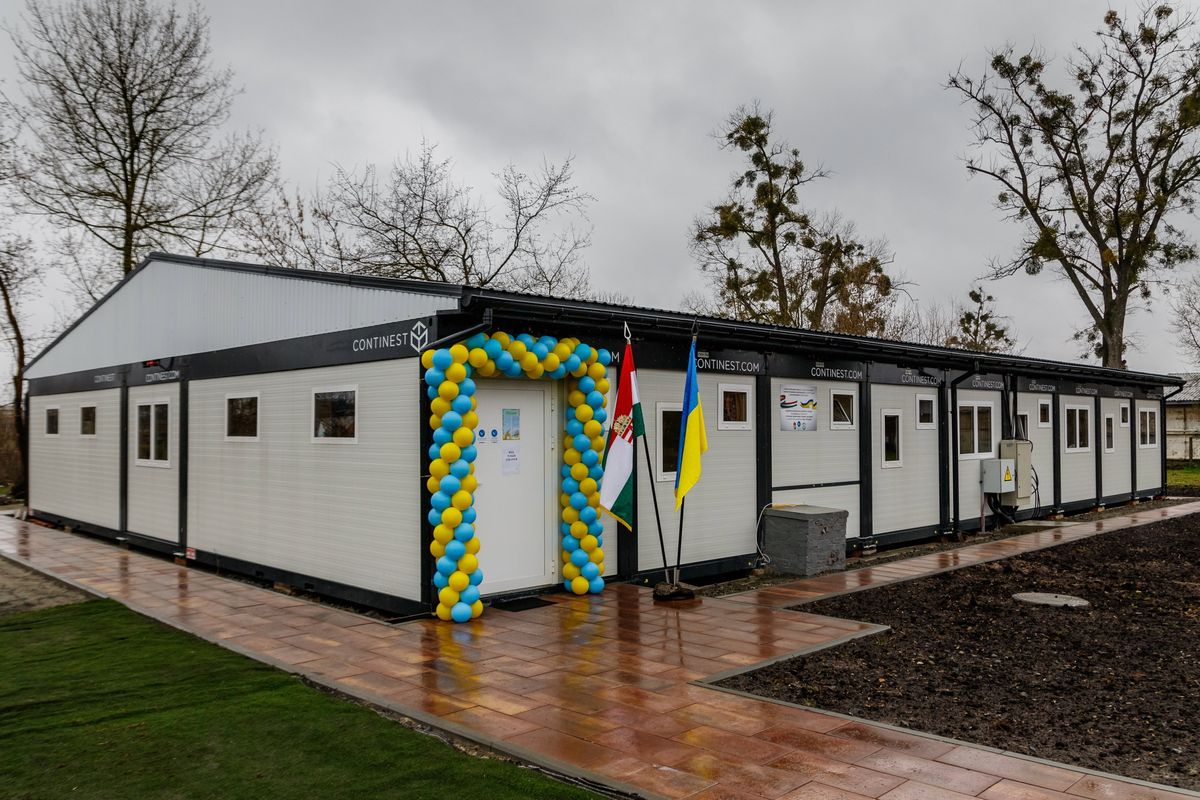
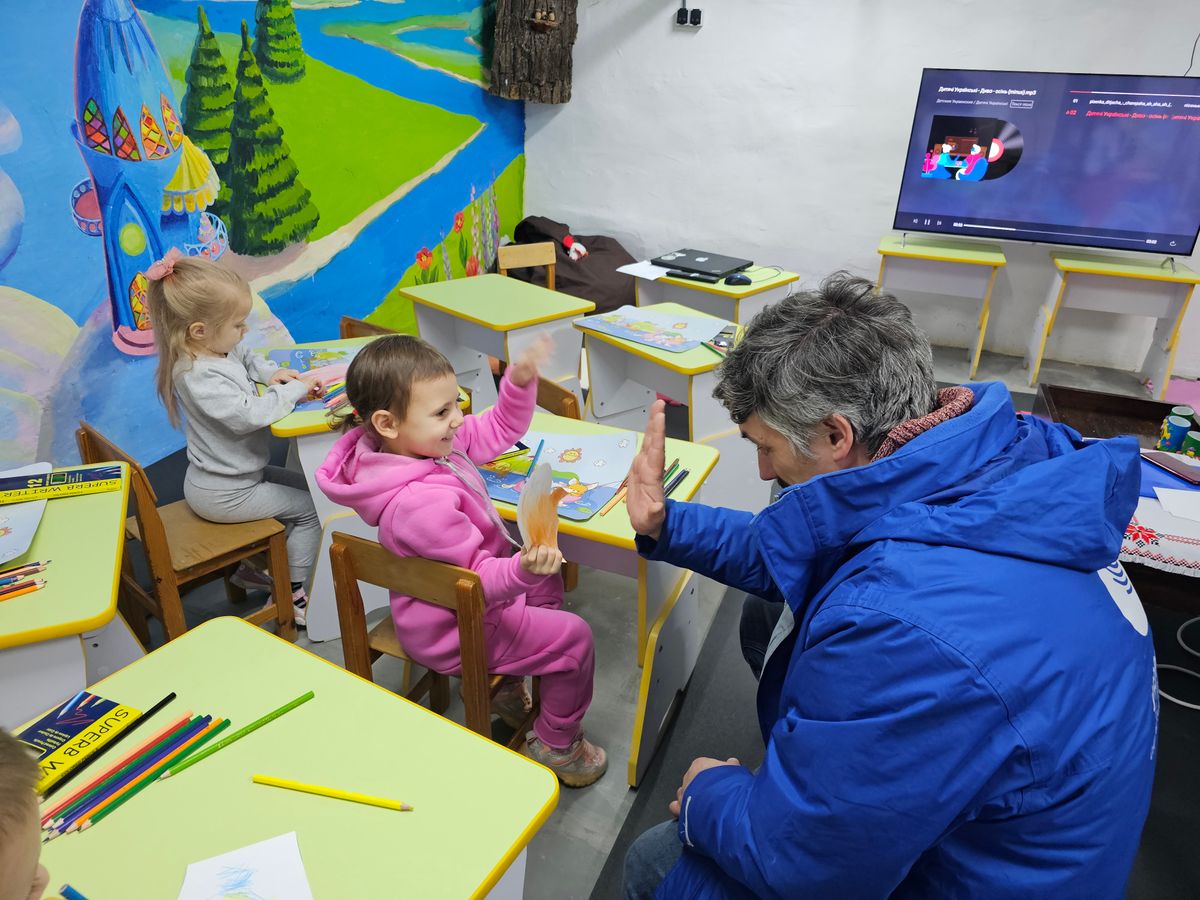
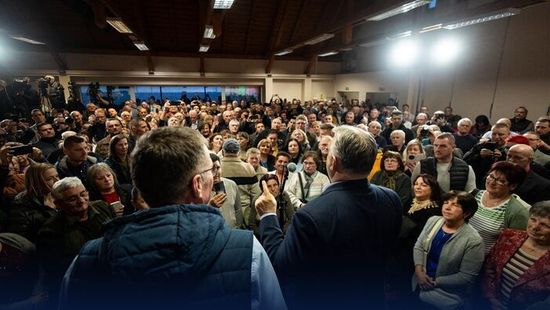
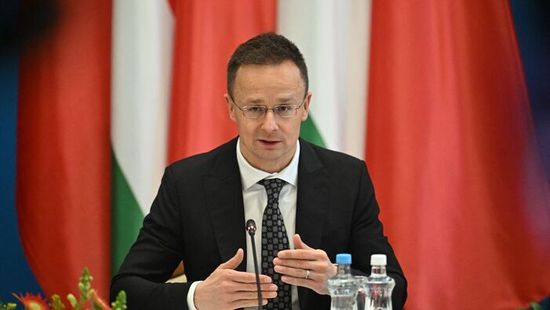
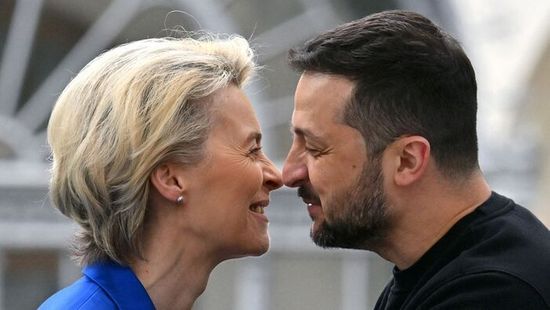
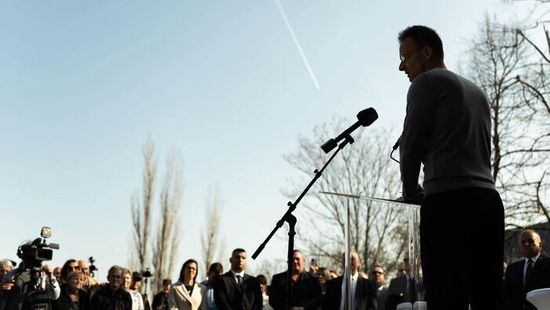

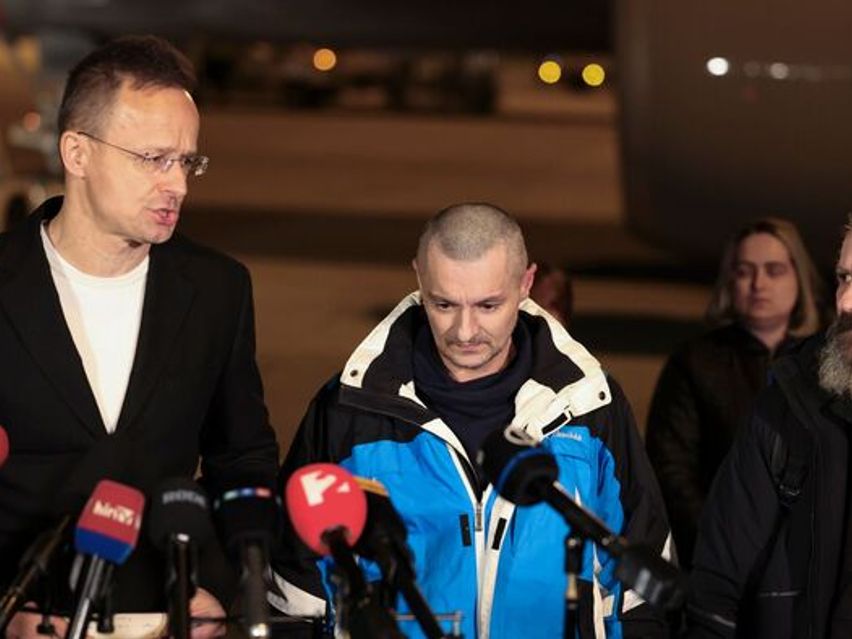
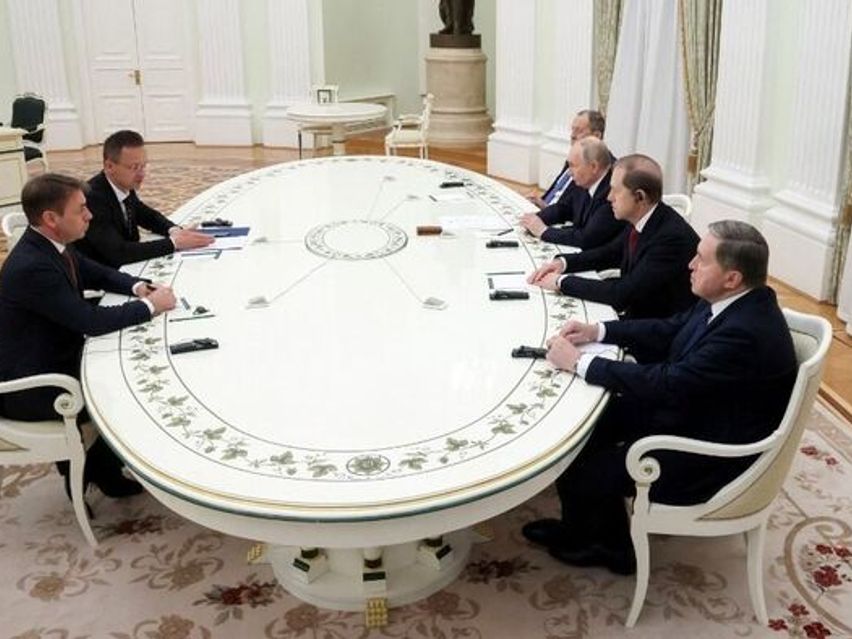
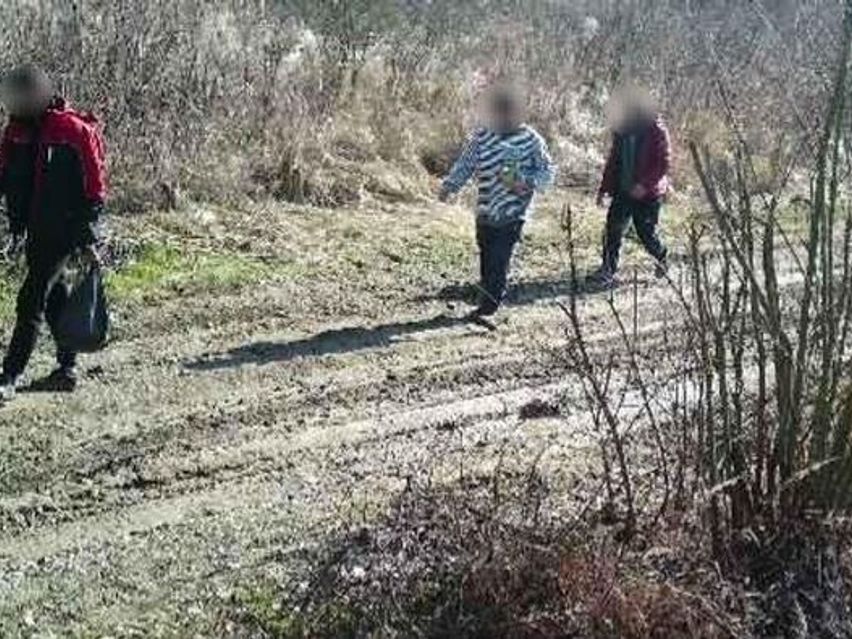
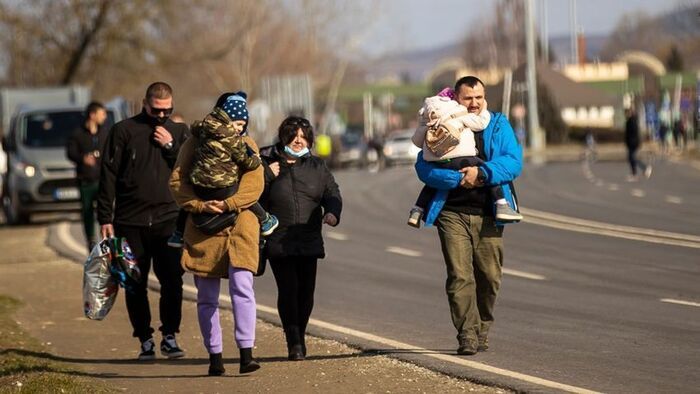

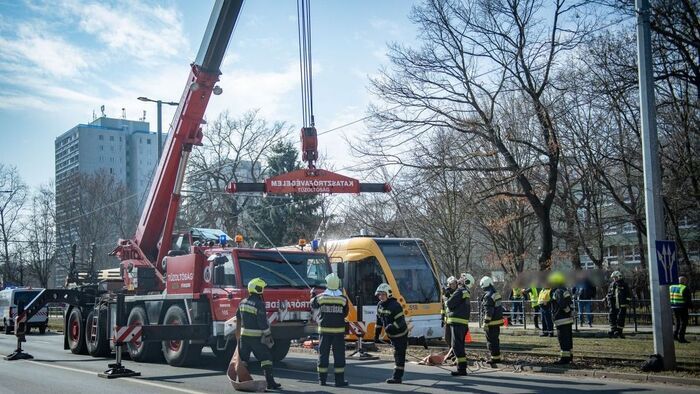

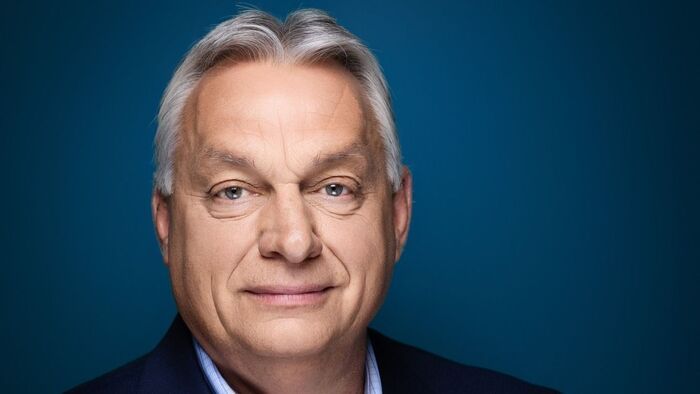

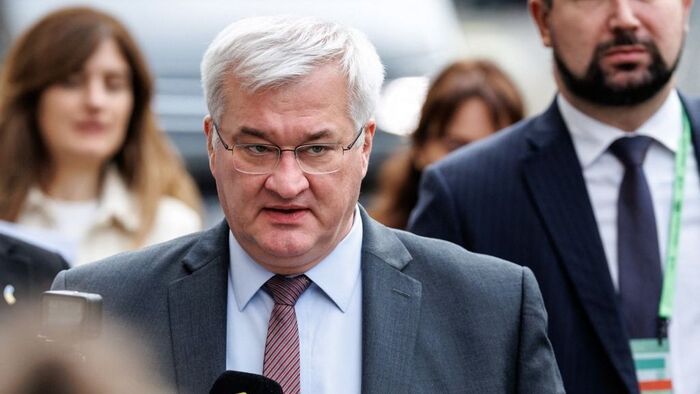
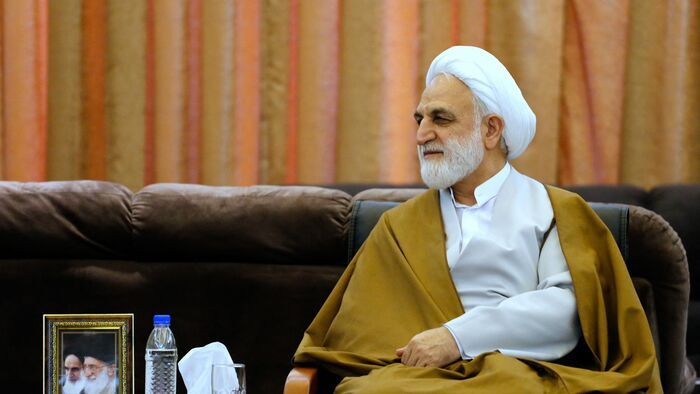
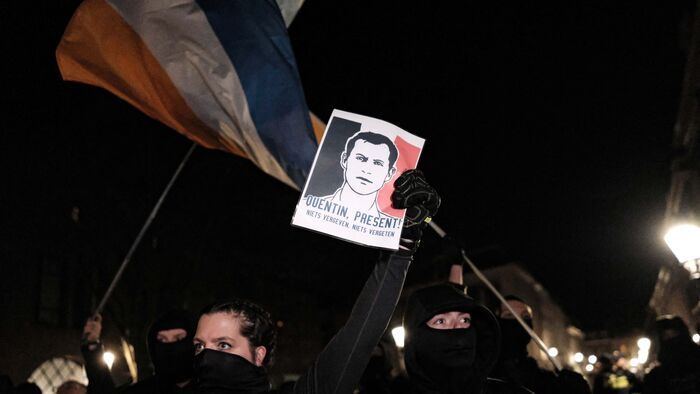





Szóljon hozzá!
Jelenleg csak a hozzászólások egy kis részét látja. Hozzászóláshoz és a további kommentek megtekintéséhez lépjen be, vagy regisztráljon!